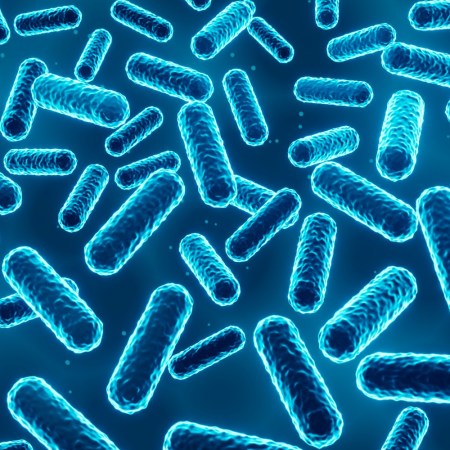We make a point to focus on positive attributes that children inherit from their parents: a pleasing eye color, a sense of humor, a penchant for fixing things around the house.
But offspring can also assume trauma from their parents, as discussed in a recent Scientific American essay by Rachel Yehuda, a prominent professor of psychiatry and neuroscience, and director of the Center for Psychedelic Psychotherapy and Trauma Research at the Icahn School of Medicine at Mount Sinai.
Yehuda outlines three real-world scenarios in which she and other researchers cataloged the interplay between trauma exposure and intergenerational post-traumatic stress disorder:
- September 11 babies: After the attacks, studies involving dozens of pregnant women in New York confirmed that their PTSD had been transferred to their babies in the womb. The babies displayed “unusually low levels of the stress-related hormone cortisol, a feature that researchers were coming to associate with the disorder.” Later on, these mothers were more likely to report that their “nine-month-olds were unusually anxious and afraid of strangers.”
- Vietnam veterans: Soldiers who fought in Vietnam were more likely to develop PTSD from the war if they’d already suffered trauma as children (which could come from outright abuse, or an exposure to a parent’s trauma). Their low cortisol levels were ill-equipped to “tamp down the stress reaction” of another horrible, life-changing experience, making PTSD practically inevitable.
- Children of the Holocaust: Despite living successful lives far from the horrors that occurred in Europe decades before they were born, many children of Holocaust survivors grew up filled with dread from what their parents shared (or didn’t mean to share — one man recounts his dad waking up the family with shrieks of terror from his nightmares each night). This group also weathered low cortisol levels, and reported a life’s worth of anxiety, grief, guilt and dysfunctional relationships.
Trauma is dense fare, scientifically speaking. It requires weighing epigenetics and hormone response systems against a broad swath of unreliable independent variables. But still, after decades of tragedies experienced by parents and passed on to unfortunate offspring, an identifiable “feedback loop” has emerged. This is about as straightforward as Yehuda gets in explaining the significance of low cortisol and PTSD:
“The body regulates the stress response through a complicated feedback mechanism. A rise in cortisol levels will prompt the body to produce less of the hormone, which may drive up the numbers and responsiveness of glucocorticoid receptors. Given the epigenetic and other changes occurring with sustained responses to trauma, the feedback loop might become recalibrated. In people who have already endured trauma, their stress systems might be sensitized and their cortisol levels diminished — increasing their adrenaline response to further trauma and leading to PTSD.”
Translation: Exposure to sustained stress makes it harder for the body to interpret and regulate stress at a later date. And that exposure can start early, as evidenced by the 9/11 babies.
Two things to keep in mind? There remains scientific speculation that this sort of reaction might be meant to strengthen the child for what could be a very difficult life; Yehuda describes it as a potential “mechanism through which offspring become better equipped to cope with adversity.” At the same time, inheriting low cortisol levels and susceptibility to PTSD doesn’t have to be a life sentence.
“As circumstances change, however, the benefits conferred by such alterations may wane or even result in the emergence of novel vulnerabilities,” she writes. “Thus, the survival advantage of this form of intergenerational transmission depends in large part on the environment encountered by the offspring themselves.”
That’s to say, even in the face of mind-numbing events, there is some hope — and when trauma seems to get the best of us, and leap from one generation to the next, you shouldn’t blame yourself (or your kids) for sleepless nights, or social anxiety, or whatever symptom may arrive. There are larger, darker forces at play here than “getting your act together.” With continued research, hopefully we’ll have a better picture of how to handle trauma, and a broader understanding that can impact anyone who’s born under its weight.
Whether you’re looking to get into shape, or just get out of a funk, The Charge has got you covered. Sign up for our new wellness newsletter today.


















